HowTheLightGetsIn: celebrate the Jubilee with philosophy and music
The festival returns to Hay-on-Wye from 2 to 5 June with an eccentric – and electrifying – bill of philosophers, scientists and artists
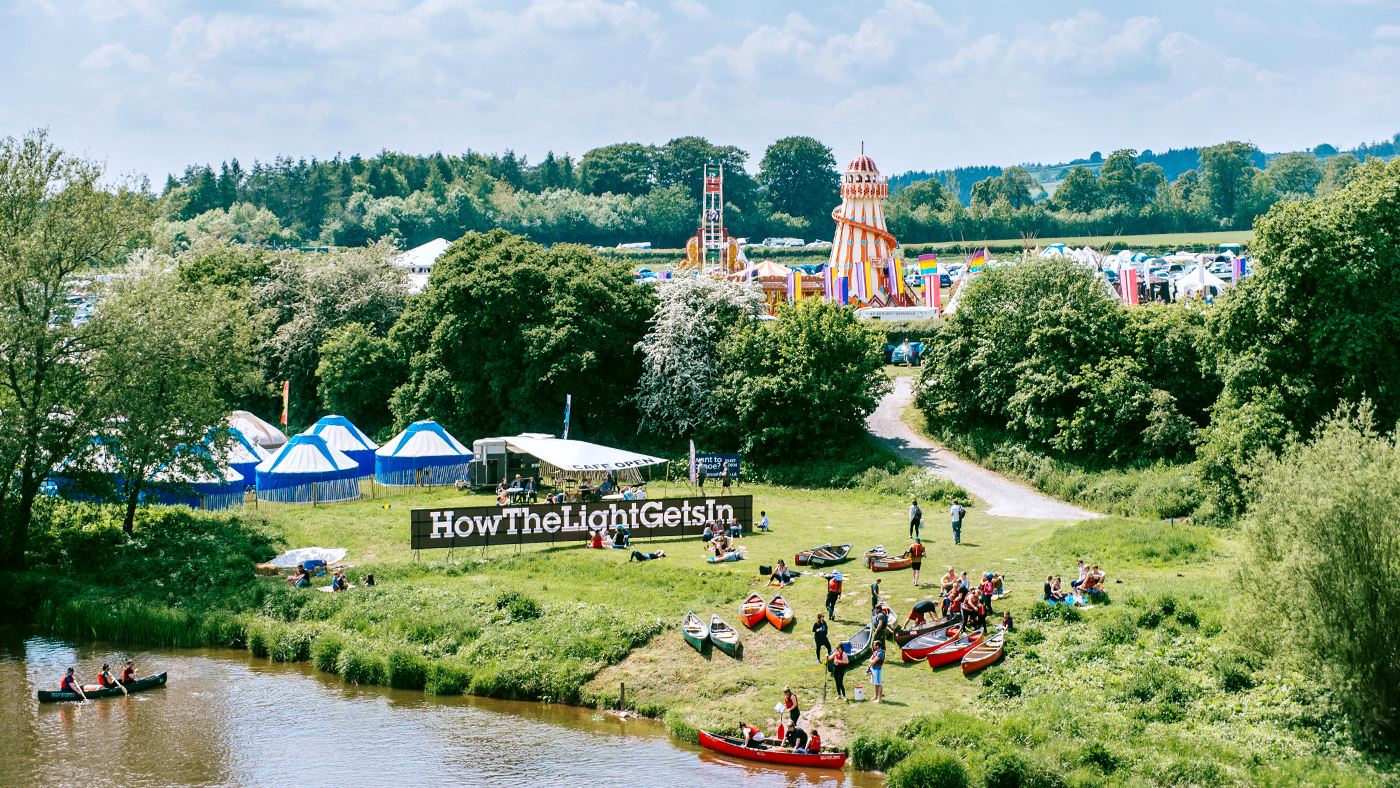
A free daily email with the biggest news stories of the day – and the best features from TheWeek.com
You are now subscribed
Your newsletter sign-up was successful
HowTheLightGetsIn, the world’s largest festival of philosophy and music, is back in its spiritual home this year after two years of virtual events.
“We are delighted to be returning to Hay in the magical location on the edge of the Black Mountains alongside the river Wye,” said Hilary Lawson, the festival director and founder of the Institute of Art and Ideas. “We can’t wait to welcome everyone back for four days of electrifying debate, music, comedy, and our legendary party atmosphere.”
Over the Platinum Jubilee weekend, from 2 to 5 June, an unrivalled roster of philosophers, politicians, scientists, comedians and musicians will decamp to Hay-on-Wye to reflect on the human condition – and do their best to improve it.
The Week
Escape your echo chamber. Get the facts behind the news, plus analysis from multiple perspectives.

Sign up for The Week's Free Newsletters
From our morning news briefing to a weekly Good News Newsletter, get the best of The Week delivered directly to your inbox.
From our morning news briefing to a weekly Good News Newsletter, get the best of The Week delivered directly to your inbox.
Having taken its name from a Leonard Cohen lyric (“There is a crack in everything / That’s how the light gets in”), HowTheLightGetsIn gives a “a cerebral twist” to the traditional summer gathering, said Culture Whisper. “Gone are the days when festivals were just an amalgamation of guitars, glitter and warm cider.”
While cider and other social lubricants are in no short supply, nor are the festival’s lofty aims. “Its goal then and now has been to return philosophy to big ideas, and to put these ideas at the heart of our culture,” Lawson says. “Not in the belief that there is a single definitive truth to be uncovered, as though philosophy might answer the fundamental questions once and for all, but in the belief that there are new frames to be uncovered, new lands to explore that might help to address the troubles of our time.”
To that end, this year’s event will include Richard Dawkins discussing the legacy of The Selfish Gene, Nobel prize-winning physicist Roger Penrose talking about the fantasy of the multiverse, world-famous historian Yuval Noah Harari and firebrand philosopher Slavoj Zizek talking about our trust in nature, and Pulitzer Prize-winning journalist Andrea Elliott on whether Camus or Kafka were right about the individuals’ relationship to society.
“When HowTheLightGetsIn was founded, philosophy was regarded as something of a joke, more associated with the Monty Python philosophers' football match than anything that might be seen to have relevance to all of us,” Lawson said. The festival was set up to change all that. “Its goal then and now has been to return philosophy to big ideas, and to put these ideas at the heart of our culture.”
A free daily email with the biggest news stories of the day – and the best features from TheWeek.com
While the live-streamed events of the past two years promised to “keep your mind aglow during lockdown”, said Philosophy News, the easing of restrictions provides an opportunity to get together in the flesh and take stock. “The pandemic has returned people to the big philosophical questions that affect our lives,” Lawson told HuffPost UK last year. “What is the aim of life, what is the nature of reality?”
And now those questions can be addressed in person. “However enthralling the virtual space, it can't match the physical experience of being at a festival and the random and wonderful array of human interaction that it makes possible,” Lawson said. “It is a delight to be back in a wonderful location alongside the glorious River Wye to share that real festival experience again.”
That’s particularly true given that HowtheLightGetsIn is “a festival unlike any other”, Lawson said. “You can discover ground-breaking ideas from the world's leading thinkers and fresh perspectives from new voices. You can be transported by the most exciting bands, legendary soloists, the hottest comedians and sensational cabaret acts, and dance until you can dance no more at our famed parties. Above all, contribute yourself and your thoughts, and magic is sure to come your way.”

Indeed, said CultureWhisper, after a stimulating day at the philosophical coalface, “nighttime is when the festival lets its hair down”. Guests can “discuss the day’s talks over a four-course banquet” or wind down with some live music. “As it’s a cerebral affair, HowTheLightGetsIn boasts some of the most delicate artists, or stripped back versions of those who aren’t quite so delicate,” said Gigwise.
The music is not just there for entertainment, Lawson said. “Pythagoras and Plato believed that music and philosophy were closely allied, linked through mathematical structure which held the key to universe,” he said. “But there is a more down to earth reason for combining the two. There is a risk with public debates and lectures that status gets in the way of genuine conversation. In a hushed lecture hall, the form of the event gives status and authority to the lecturer. But to get real debate where people are genuinely talking to each other it is important to soften the atmosphere. And there is something about music that enables this to happen.”
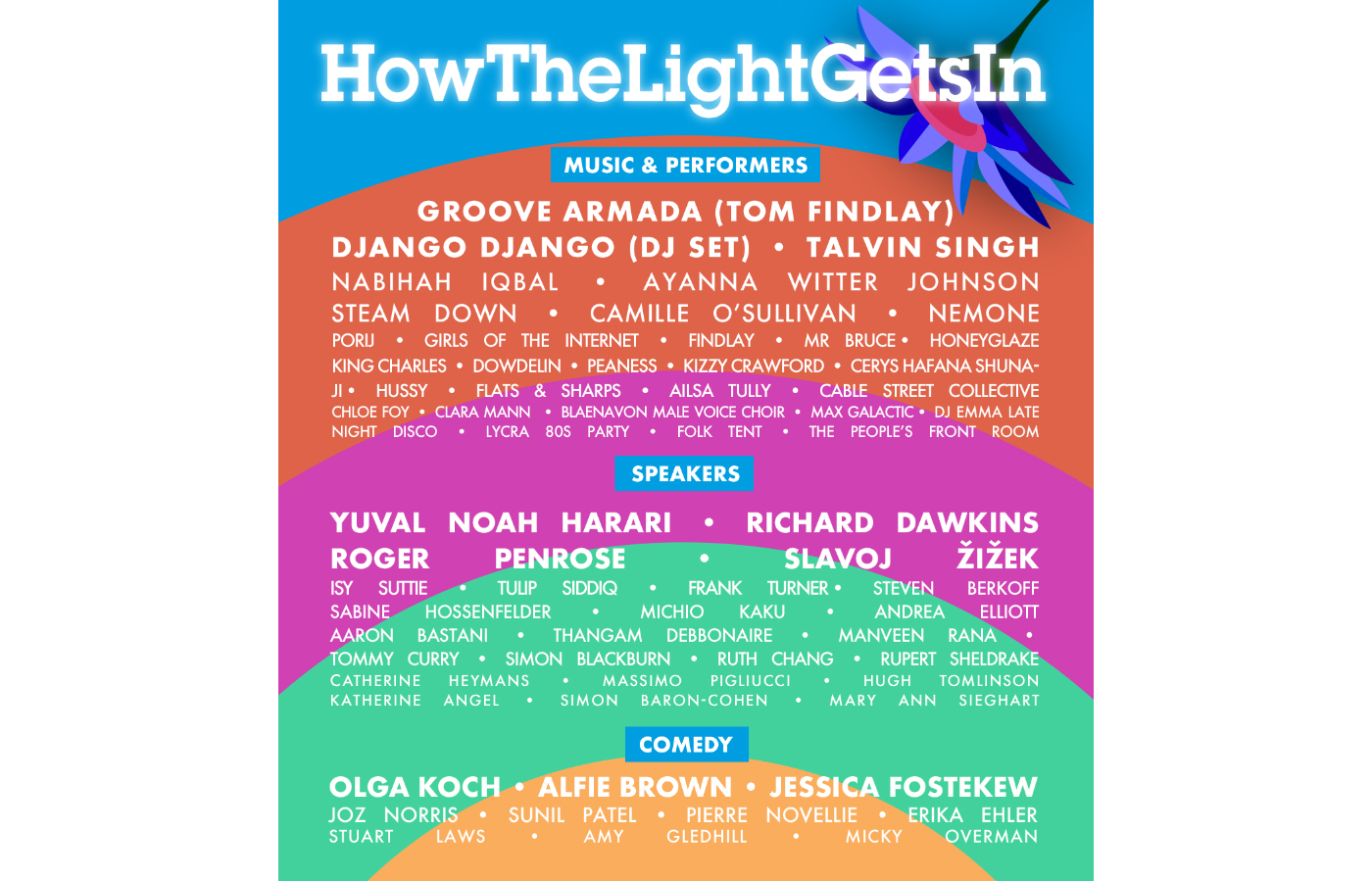
This year’s line-up includes three-time Grammy nominees Groove Armada, Mercury Prize-winner Talvin Singh, Mercury nominee Django Django and soulful singer and cellist Ayanna Witter Johnson. “The bill also boasts Afro-futuristic collective Steam Down, folk singer King Charles and indie band Peaness,” Gigwise added.
Music, comedy and philosophy may sound like an eccentric combination, but they come together to create “genuinely scintillating entertainment of the highbrow kind”, said UK Festival Guides. “It’s lots of fun, hugely interesting and challenging too… a great festival for anyone and everyone who is curious about our world and wants to learn more about their place in it.”
The Week is a media partner of HowTheLightGetsIn. For more information and to book tickets, visit howthelightgetsin.org. Readers of The Week can get a 20% discount with the promo code WEEK20
Final tickets can be purchased here, with Day Passes and Flexi Tickets also available. The festival will also be streaming online from 2 to 5 June. Click here to purchase online tickets and watch the festival livestream. Additionally, all the debates and talks from the festival will be gradually released online in the months following the festival on the Institute of Art and Ideas online platform, IAI.TV
Hilary Lawson Q&A
The festival founder answers The Week’s questions
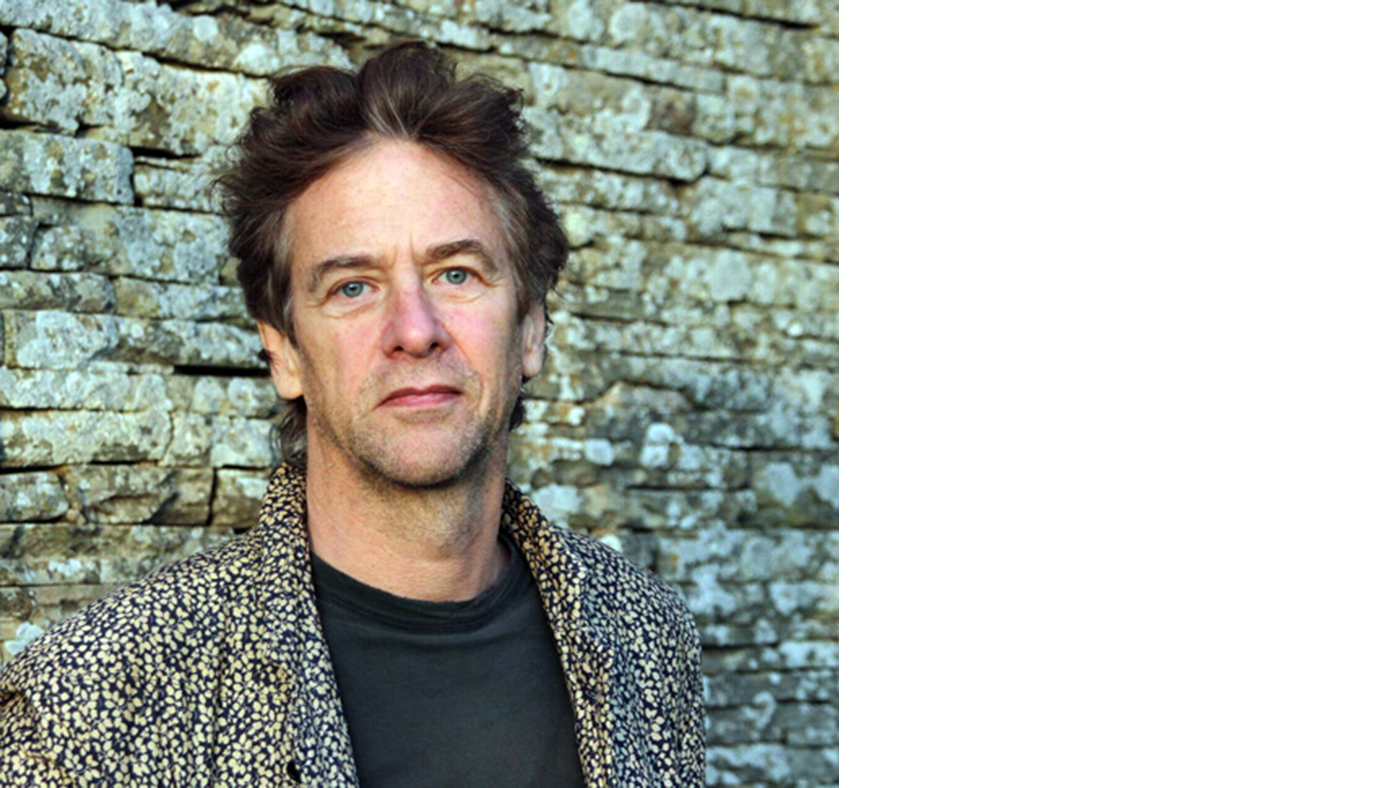
What makes HowTheLightGetsIn unique?
When HowTheLightGetsIn was founded philosophy was regarded as something of a joke, more associated with the Monty Python philosophers’ football match than anything that might be seen to have relevance to all of us. It certainly seemed on the brink of irrelevance. Locked in an ivory tower arguing over the meaning of words, to many it resembled the technical disputes of the medieval church, with a similar irrelevance to our lives and culture. The aim of the festival and of the Institute of Art and Ideas, the organisation behind the event, was to change this state of affairs.
We all have to make sense of the strange experience of being alive, whether we choose to focus on it or not. And we all have to make some sense of the world we find ourselves in, to decide how to intervene and what to pursue. So it is that our research and editorial teams work around the clock to confront the challenges facing us, unearthing fresh ways of thinking that might guide us in an uncertain world. We look not only to philosophers, but to scientists, novelists, artist and politicians. The big questions are present in every field, and new philosophical ideas are at least as likely to appear in literature, history or science as they are in philosophy.
Do you think the pandemic and the resulting lockdowns will change the way people respond to live events. Has the experience of the past two years influenced the programming?
The pandemic radically changed our output. Four festivals in succession were cancelled. But we replaced them with virtual events that sought to re-create the festival atmosphere, providing multiple events in different virtual venues at the same time. Visitors could visit an event and then make their way across the virtual site, perhaps dropping into a virtual 'bar' where they could meet other festival goers before checking out some other venues. It proved to be a fascinating journey for us, and a great success with the wider public. But however enthralling the virtual space, it can't match the physical experience of being at a festival and the random and wonderful array of human interaction that it makes possible. So it is a delight to be back in a wonderful location alongside the glorious River Wye to share that real festival experience again. Only now, for those who can't attend in person, we are streaming the headline days of the festival, so you can pick up a bit of that atmosphere from anywhere in the world.
Which event are you most looking forward to from this year’s line-up?
We have 300 events - there is no one event I'm looking forward to more than the others. There are, however, many not to be missed events. For what we believe is the first time ever, Yuval Noah Harari is on a panel with Slavoj Žižek to debate ‘Nature: Friend or Foe’. Then there's 'The Mystery of the Multiverse' with Nobel prize winner Roger Penrose, world famous physicist Michio Kaku and theoretical physicist Sabine Hossenfelder. And Richard Dawkins debating with Denis Noble in ‘The Gene Machine’ should be quite a watch!
-
 Political cartoons for February 16
Political cartoons for February 16Cartoons Monday’s political cartoons include President's Day, a valentine from the Epstein files, and more
-
 Regent Hong Kong: a tranquil haven with a prime waterfront spot
Regent Hong Kong: a tranquil haven with a prime waterfront spotThe Week Recommends The trendy hotel recently underwent an extensive two-year revamp
-
 The problem with diagnosing profound autism
The problem with diagnosing profound autismThe Explainer Experts are reconsidering the idea of autism as a spectrum, which could impact diagnoses and policy making for the condition
-
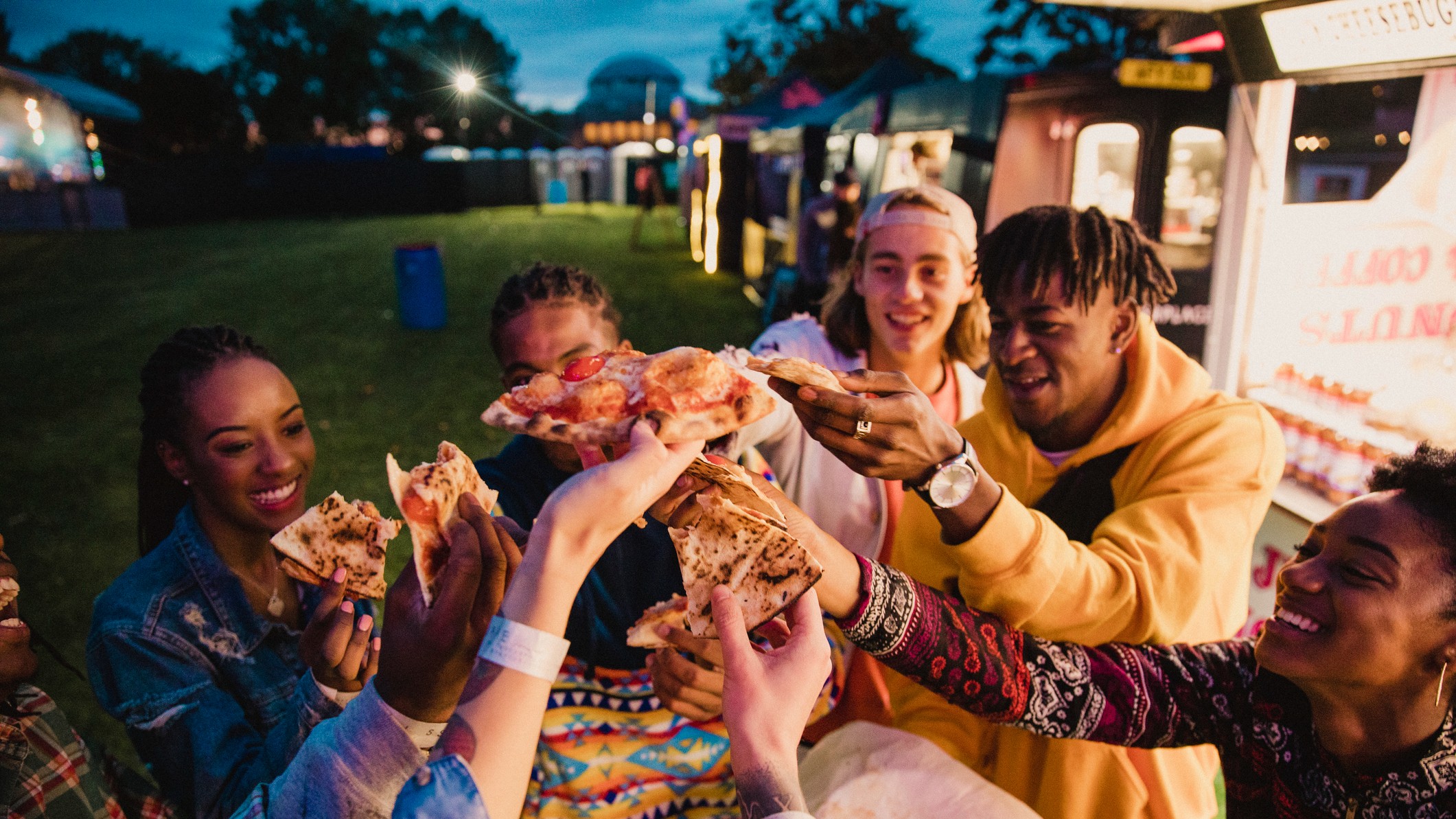 The UK's best food and drink festivals in 2025
The UK's best food and drink festivals in 2025The Week Recommends Enjoy delicious dishes at a culinary extravaganza near you
-
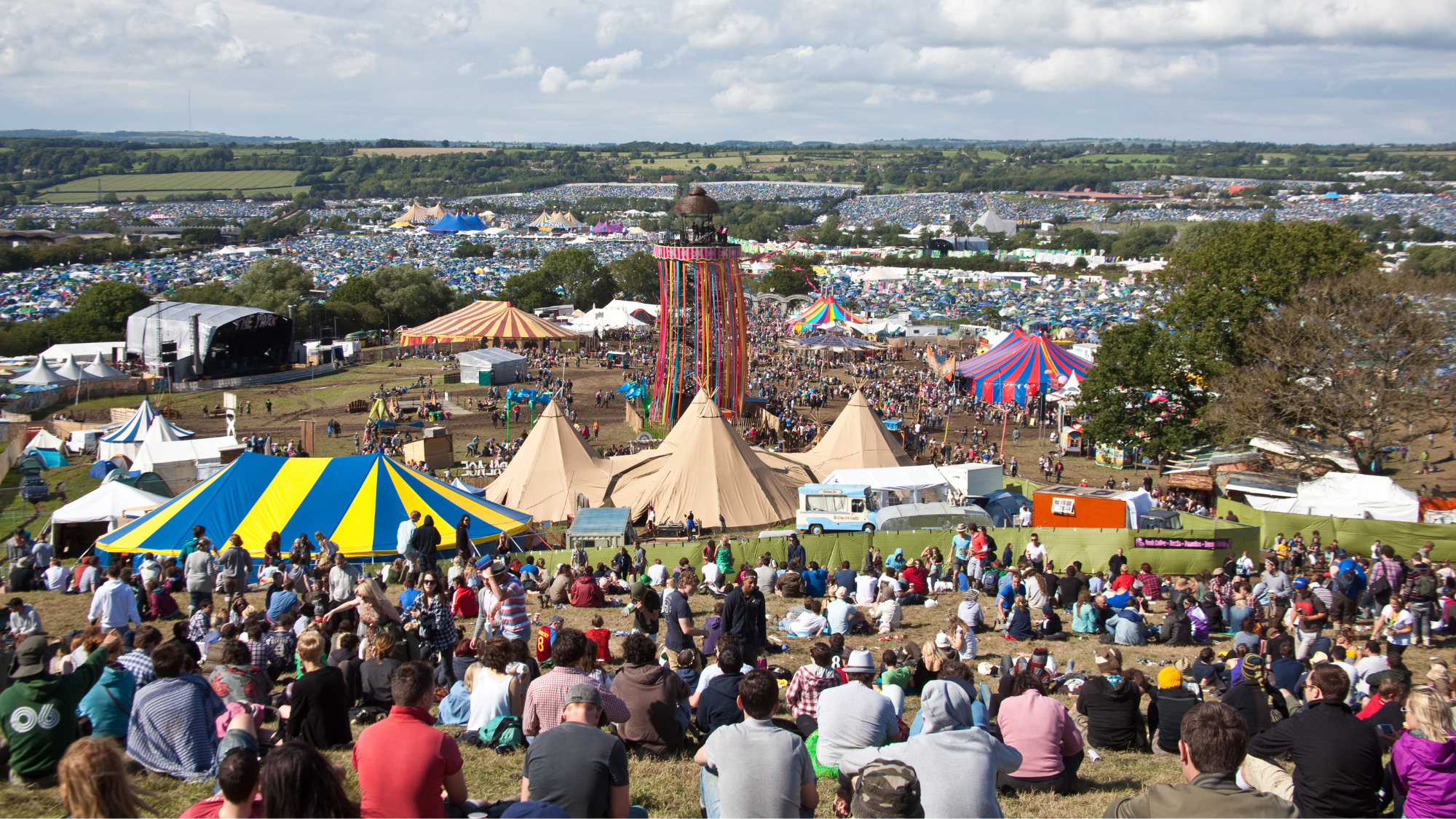 The decline of festivals
The decline of festivalsThe Explainer The industry has faced a 'triple whammy' of Covid, Brexit and inflation, hitting both organisers and performers
-
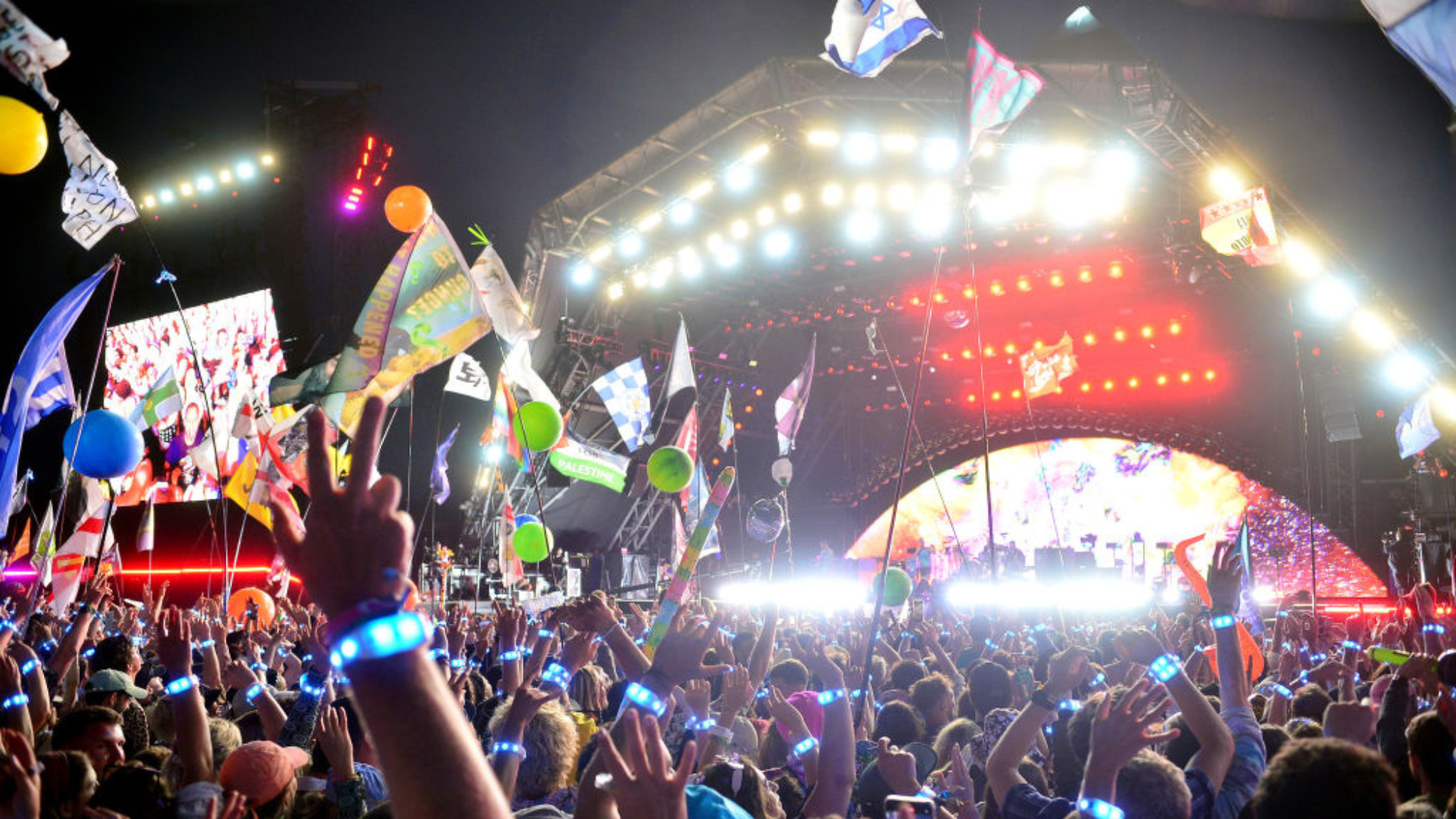 How did Glastonbury 2024 measure up?
How did Glastonbury 2024 measure up?Talking Point Sound problems hampered 'sublime' performances during festival in which pop came out on top
-
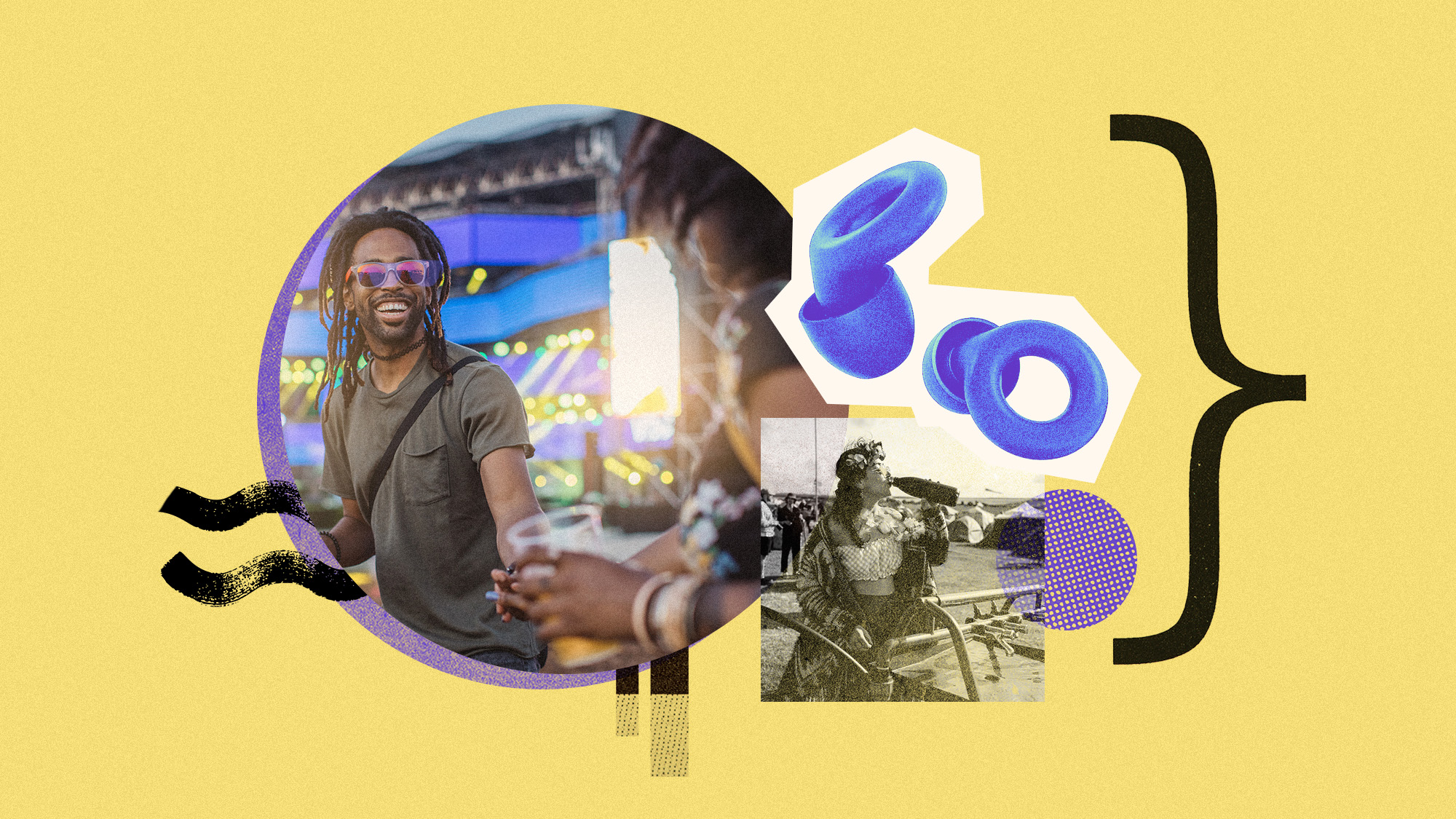 9 indispensable items for any music festival
9 indispensable items for any music festivalThe Week Recommends Get ready for Coachella, Shaky Knees and all the festivals in-between
-
 Glastonbury line-up: the 'poppiest, shiniest' bill ever
Glastonbury line-up: the 'poppiest, shiniest' bill everTalking Point Dua Lipa, Coldplay, SZA and Shania Twain will star, but some fans are 'underwhelmed'
-
 The celebrity winners of 2023
The celebrity winners of 2023In the Spotlight Girl power's still got it as Taylor Swift, Barbie and Britney all come out on top
-
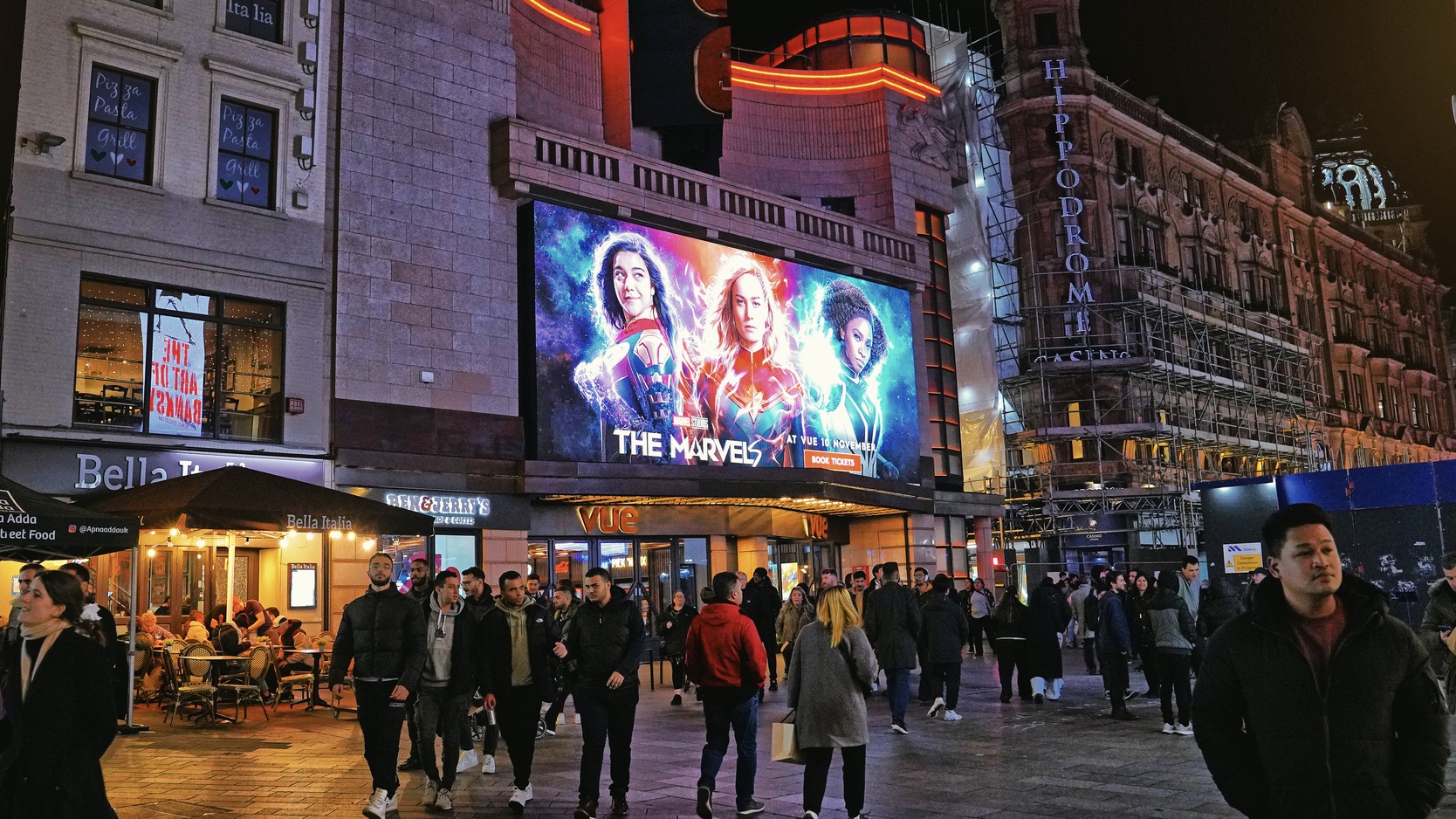 The Marvels flop: end game for superhero box office streak?
The Marvels flop: end game for superhero box office streak?In the Spotlight The 33rd film in the Marvel Cinematic Universe earned just $47 million on its opening weekend, prompting claims of 'superhero fatigue'
-
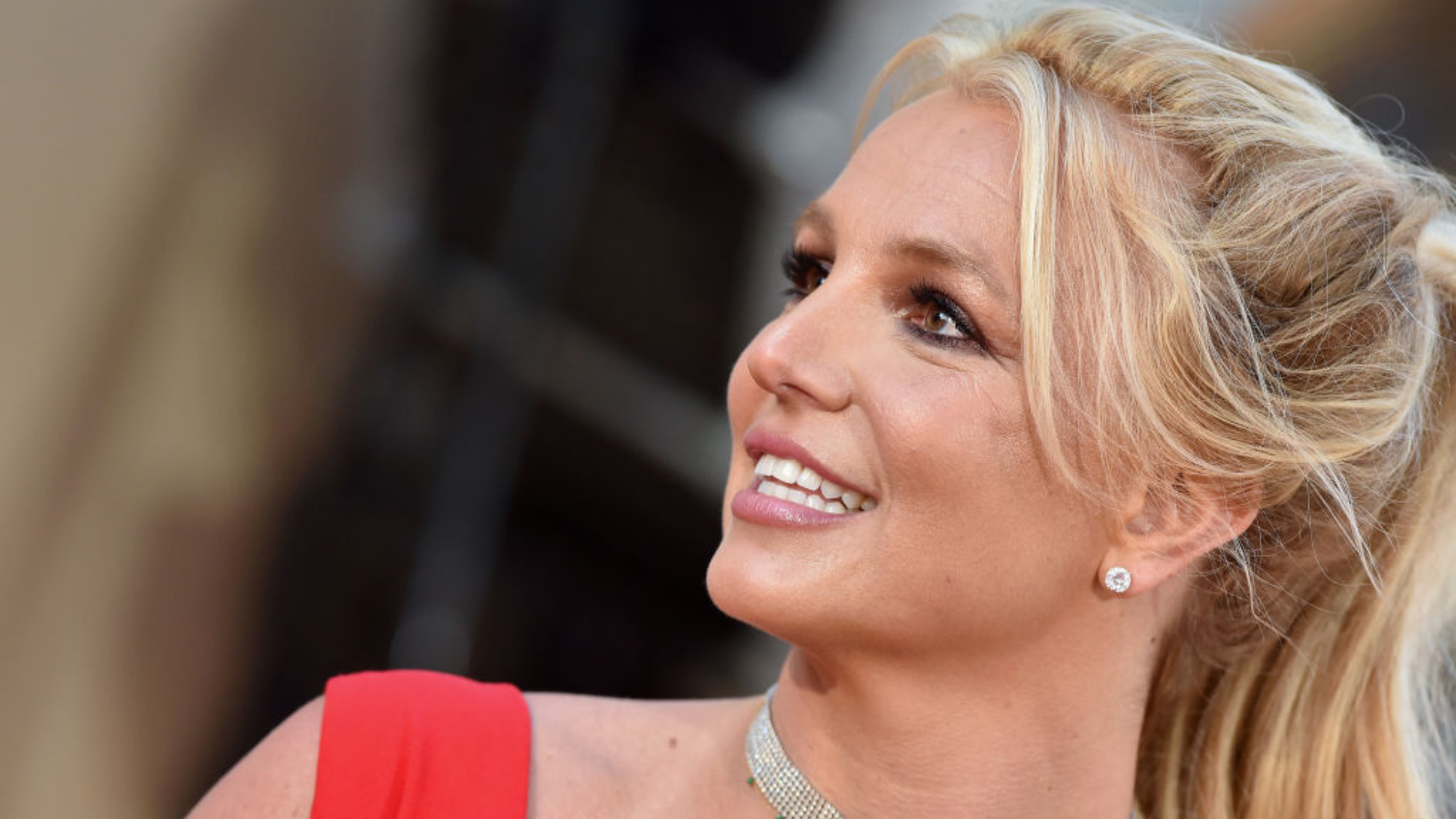 Britney Spears: snippets of star's 'bombshell' memoir released
Britney Spears: snippets of star's 'bombshell' memoir releasedIn the Spotlight 'Tell-all' book to share details of singer's life during her conservatorship and decades-long career